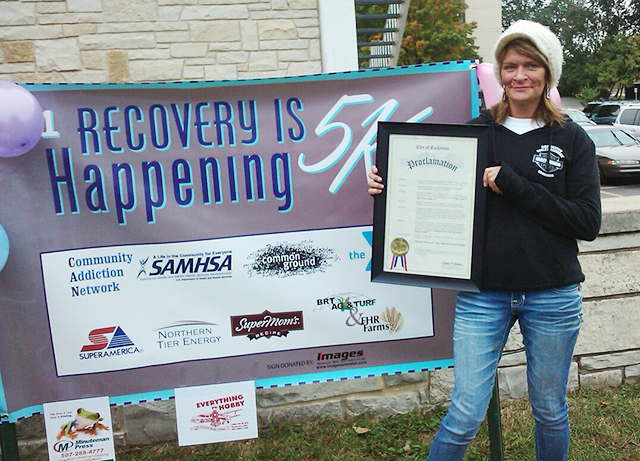When it comes to sobriety, most addicts know that it is not just about getting sober, but staying sober is a different beast.
Some days, staying sober will be easy. You won’t have any thoughts about using and you will feel like nothing can bring you down. On the opposite of that coin, there will be days where it will feel like the whole world is working against you and that voice in your head will make you feel like staying sober is just not worth the fight. That is why it is important to have a plan in place that will help you stay focused on those hard times – especially at the beginning of the sobriety journey.
If you are beginning the journey to sobriety, here are five common trip-ups that you will need to navigate after rehab and things you can do to prepare to handle them without relapsing into your addiction.
1. Set Boundaries
When you have decided that sobriety is what you need to do for yourself, you will find that people from your previous life will come out of the woodwork and actively work to convince you that your recovery is not worth the hassle. You will need to cut ties with those negative influences that ultimately threaten your sobriety – and cutting those ties can be difficult. Making those cuts from your life can be extremely painful, but it is important that you remember why you are doing this and who you are getting sober for. After all, recovering from addiction is about finding your voice, and it is not about being someone else’s punching bag.
2. Forgiveness
Whether it is reliving an embarrassing event at the bar or remembering a fight with a friend, the hardest part of going through the recovery is making peace with your past. Regret and shame over past mistakes can lead to a relapse so it is necessary to deal with the “self-hatred” mode a take that negative energy and put it into positive action items you can use to move forward on your journey. Dealing with the emotions is half of the battle so find a friend, family member or professional to confide in. And remind yourself, “Self-forgiveness is a journey, not an event.”
3. Finding Balance
Sobriety or otherwise, life is still life. Just because you have gotten sober, that does not mean you are immune to the stresses of everyday life. You will go through trials and tribulation, so you must decide how you will handle those stresses without breaking down. Take time to learn how to roll with the punches – without any substances – and you will learn how to dodge obstacles without falling off of the saddle.
4. Boredom
When you take the substance away from the abuser, the abuser often finds that they have too much time on their hands. If you are finding that you are bored because you do not have your usual distractions, you are risking running into relapse triggers. It is important that you stay busy by keeping your mind and your body engaged. Go for a jog, find a new hobby, or join a self-help group. Find a balance between keeping yourself busy and keeping your mind focused.
5. Past Resentments
When you are deciding to get sober, you making the decision to force yourself to deal with the difficult emotions versus numbing them with drugs or alcohol. And chances are high that you will have a wide variety of emotions to address. There are so many things in life that you cannot control – including the actions of others – and it is natural to be put off or feel wronged sometimes. But holding onto those past resentments does nothing but drag you back into those negative places that can lead to relapse. The focus needs to be on you and your recovery. Make sure to take time to put those negative thoughts and pull them right out of head and fill your head with positive thoughts.
Learning to live on the terms life gives you is not always easy, but despite all of the challenges and hard work, the payoff is worth it in the end.
Whether you are just beginning your sobriety or a year into sobriety, sticking to a game plan will not only help you grow as a human being, you will be able to reclaim your sense of self and redefine yourself.














